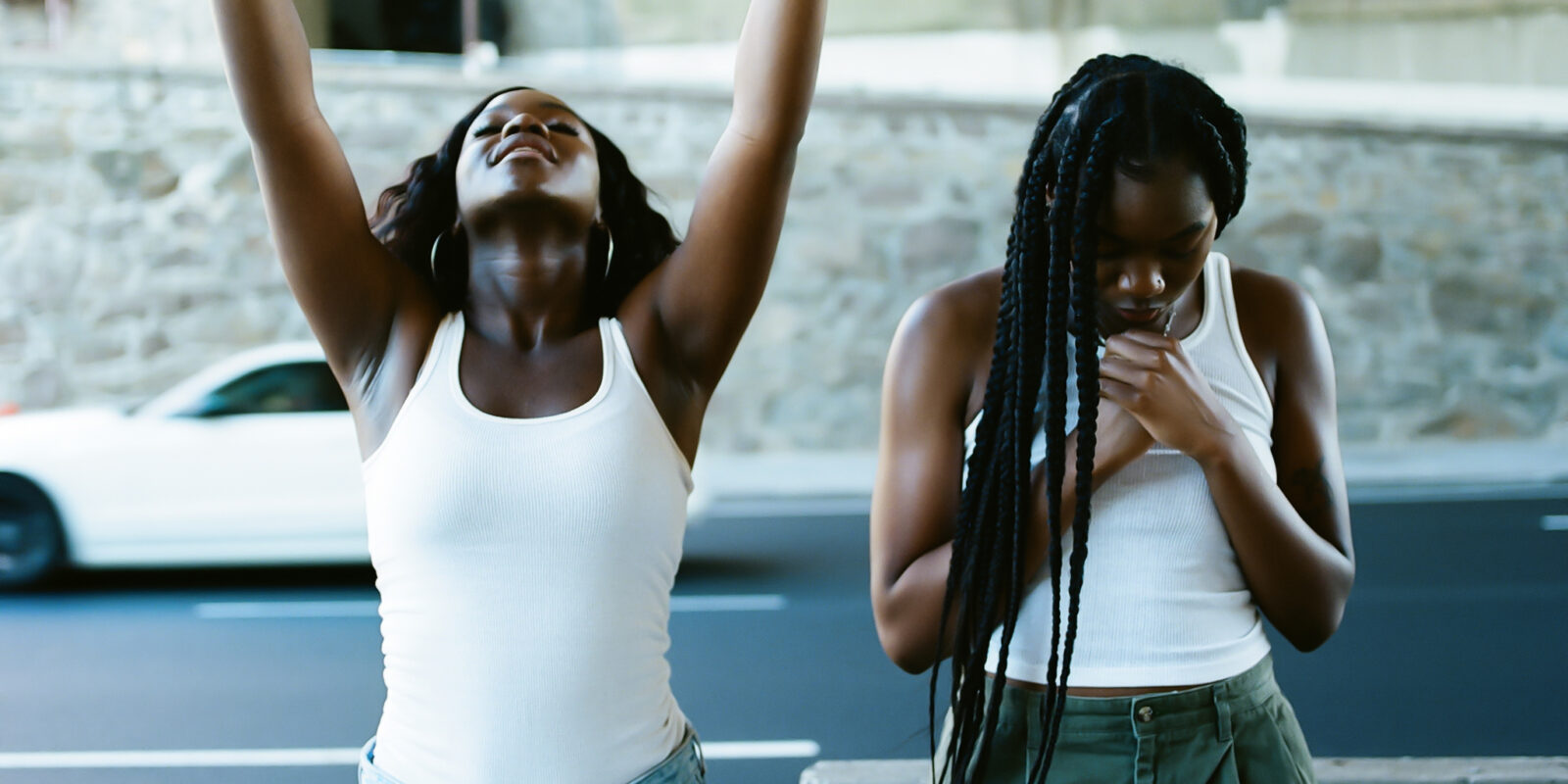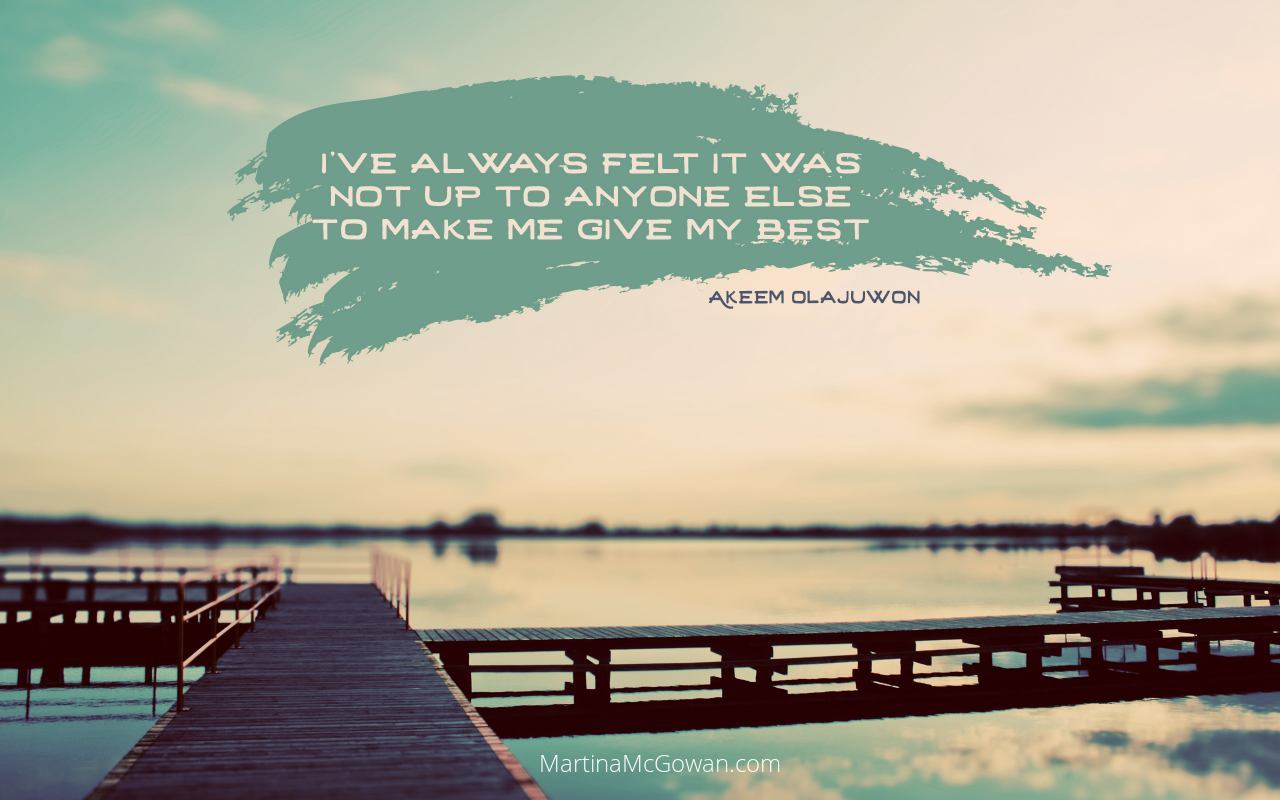The first Thursday of May is National Day of Prayer. People of many faiths come together and pray for their country on this day.
Prayer, solitude, meditation, spirituality are all important facets of our everyday lives. Many of our lives are also stressful and anxiety-provoking.
Feeling anxious occasionally is perfectly normal. When our anxiety becomes overpowering or all-encompassing, we may feel tempted to look for easy, quick comfort in prescriptive medications, alcohol, drugs, sex, or other unhealthy activities. Each of these methods comes with its own inherent issues.
We are capable of pulling ourselves through anxious moments without the use of mind-altering or mind-numbing drugs. Our worries can be transformed into peace with a few simple strategies. Two of those strategies are prayer and meditation.
Before we wander way off course:
I grew up in a family with a Christian background. I was taught early on that even Christians meditate. As a child, I learned that prayer is asking and supplication, while meditation is being quiet enough, still enough to listen and hear. Listening and hearing are not the same things. And, I do both- prayer and meditation.
So, Which is Better: Prayer or Meditation?
The answer is very simple: Use whichever you prefer. Some people feel a close connection with a higher power and want to reach out to that power. Others do not. Some people only want to focus on calming their racing thoughts and frantic breathing to return to normalcy and rationality.
If you “enjoy” praying, that’s great. If you prefer meditation instead, then do that! Whichever technique makes you feel the most comfortable is acceptable for you. You may wish to employ different techniques for different situations, or depending on your environment. The goal is that you get better, feel better, and know best what will make you feel at ease.
How to Get Started
You can start either path with a deep, calming breath. Or a few. This deep breathing will help center you and help bring you into the moment. Pull the air deep down into your diaphragm, and let it out slowly. Do this several times and you will begin to feel calmer.
Avoid breathing from your upper chest only and you’ll already be on the road to feeling calmer and less anxious. It’s a simple thing to do and a great way to get started. The more you practice, the easier it will come to you. Ultimately, you will have the ability to feel calmer without thinking about how you are breathing.
Next Steps:
1. Breathe rhythmically
- Use your breathing like a mantra or a chant.
- Inhale while feeding yourself positive thoughts and feelings.
- Exhale anything negative you’re thinking or feeling.
- Breathing is the rhythm of life. Use it to your advantage.
2. Pray or meditate at the same time each day.
- Spend a few minutes every day. Use the time of day that works best for you, consistently.
- It doesn’t have to be a long time.
- Say good things to yourself.
- You can focus on anything you want to make stronger or better, or more of in your life – your health, finances, family members, friends, etc.
- Try not to fall down the negative thinking tunnel during this time.
3. Pray or meditate with others.
- Join a church, take up yoga, or find a support group for anxiety.
- You are not the only one struggling.
- Find somewhere you can share your feelings.
4. Manage yourself, manage your expectations. Keep it positive!
- When you start your journey toward personal peace through prayer or meditation, expect to conquer your anxiety.
- Avoid the trap of assuming you’ll do it in one day, or even in one week. It took time to get where you are, and it’ll take time to get back to where you want to be.
The important thing is to make that first step and then enjoy and appreciate your journey. Every journey begins with a single first step. Daily, intentionally make some time to think about and interact with others, rather than focusing only on your personal worries.
Use what works best for you and what benefits your mental and physical health.
You’ve got this!
Martina
Photo by Jonathan Mercedes on Scopio




